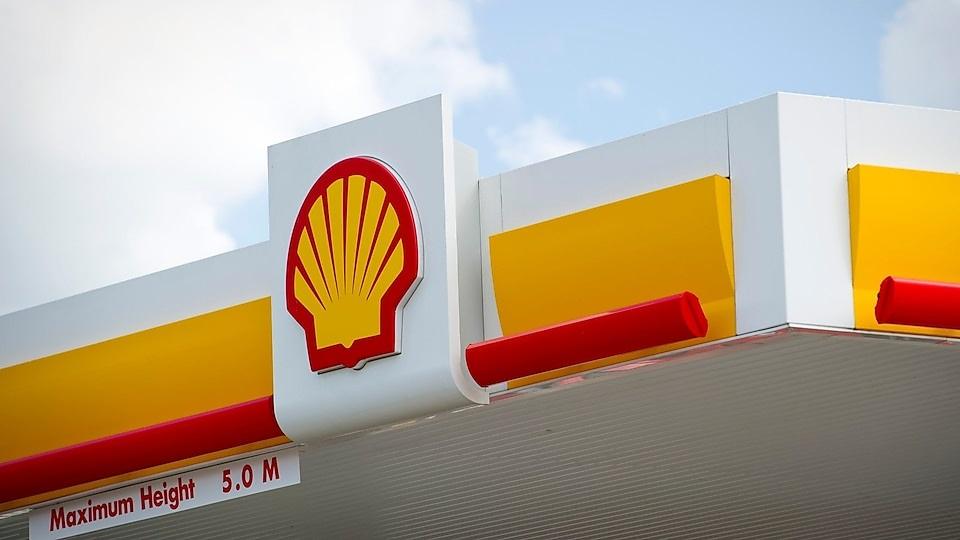Court Ruling Halts UK Approval of Major Shell, Equinor Oil and Gas Projects Over Lack of Climate Considerations
A Scottish court ruling quashed approvals by the UK’s Oil and Gas Authority (OGA) for major oil and gas projects in the North Sea by Shell and Equinor, over the government’s failure to account for the climate impact of the use of fuels produced from the projects.
While the ruling, provided by Lord Ericht, allowed work on the projects to continue, it prohibited the extraction of oil and gas from the projects until the approvals are reconsidered, with the impact of downstream emissions taken into account.
In a statement released following the ruling, Shell welcomed the court’s approval for continued work on its project, but urged clarity on the future of the project, noting that it has already invested significantly in its development. Shell said:
“We have spent more than £800 million since the regulator approved Jackdaw in 2022. Swift action is needed from the Government so that we and other North Sea operators can make decisions about vital UK energy infrastructure.”
The ruling follows petitions brought by environmental organizations Greenpeace and Uplift, aimed at overturning the UK’s government’s approval to allow development of the North Sea-based Rosebank and Jackdaw projects, arguing that the projects’ Environmental Impact Assessments did not consider the effect of downstream emissions, or the climate impact of the combustion of the oil and gas to be produced by the projects.
The suspension of production from the projects could have a significant impact on oil and gas production in the North Sea. Under development by Shell, Jackdaw, located approximately 250 km east of Aberdeen, Scotland, was expected to begin production next year, with Shell estimating that the field would provide enough fuel to heat 1.4 million UK homes. Rosebank, under development by Equinor UK is estimated to hold over 300 million barrels of oil equivalent recoverable resources, accounting for 7% of UK oil production from first oil through 2030.
In a statement provided to ESG Today, Equinor noted that the company and its partner, Ithaca, have “already committed over £2.2 bn on developing Rosebank,” and that it welcomed the judgement “which enables Equinor to continue developing a project expected to create up to 2,000 UK jobs during its development phase.”
Equinor added:
“We will continue to work closely with the Regulators and Department for Energy Security and Net Zero (DESNZ) to progress the Rosebank project.
“This includes submitting a downstream end user combustion emissions (‘scope 3’) assessment in full compliance with the Government’s new environmental guidance which is targeted to be published this spring. ”
In the ruling, Ericht said:
“Having considered all the circumstances of the case and the various public and private interests, I have reached the conclusion that the balance lies in favour of granting reduction. The public interest in authorities acting lawfully and the private interest of members of the public in climate change outweigh the private interest of the developers.”
In a statement welcoming the ruling as “a huge victory,” Uplift Executive Director Tessa Khan said:
“The continued burning of oil and gas is why we are seeing more extreme weather like Storm Eowyn and flooding that have claimed lives and caused hundreds of millions of pounds in damage and clean up costs, not to mention the devastation it’s causing in other countries. Most people are now joining the dots with endless oil and gas drilling and are worried about the future.”





